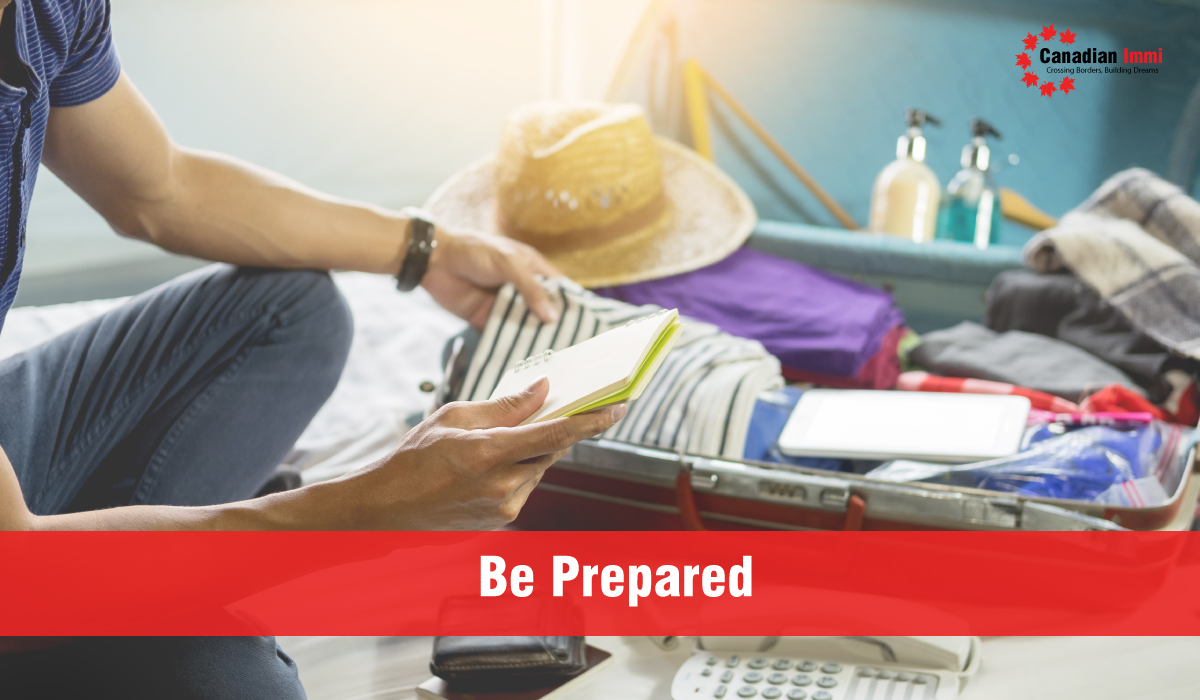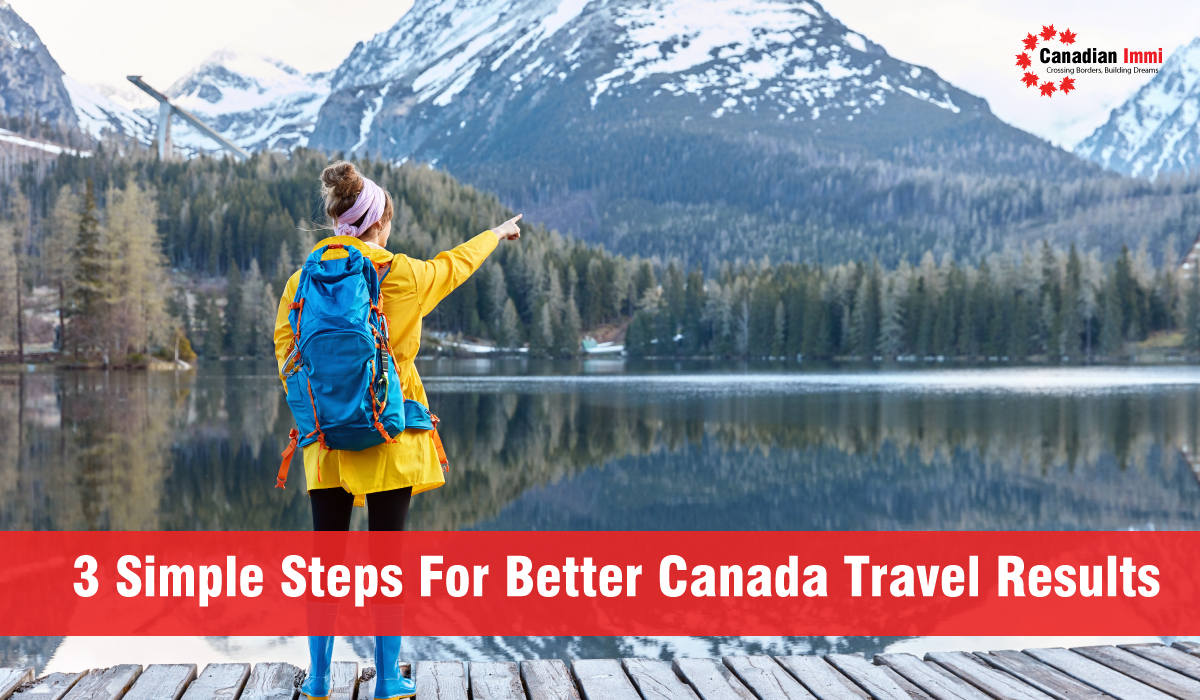Discover the beauty of Canada travel results. Find the best deals on accommodations, flights, and local attractions. Plan your perfect Canadian adventure with up-to-date information and travel tips. Start your journey now
1. Do Your Research
A trip to Canada can be as cheap or as expensive as you choose, but the biggest budget impact comes from where you are going, what you want to see and do and how comfortable you want your accommodations to be. In general, it’s best to book activities and accommodation in advance, especially during the high season – which is from May through September.
Luckily, there are plenty of affordable ways to travel around Canada. Many cities have extensive public transportation networks including subways, streetcars and buses, while regional airlines allow you to cut days off your trip by flying between destinations. And of course, you can save money on accommodation by staying in hostels or Airbnb’s instead of hotels – though this does come with some added risks.
It’s also worth noting that food and transport costs are typically higher in urban areas, so try to stick to rural areas where possible. And be sure to pack travel insurance – just in case. Finally, be mindful of wildlife (especially bears and moose) and leave animals alone as much as possible to avoid disturbing them. It’s pretty standard but always remember to support local businesses and leave the natural environment better than you found it.

2. Plan Ahead
Many Canadians are starting to feel a pang of wanderlust again. But with non-essential travel still banned for much of the pandemic, and their savings drained by home renovations, it can be a challenge to make room in their budget for a vacation. Using apps, such as TD MySpend, to track spending and set financial goals is a good idea for those planning to get back on the road.
Those looking to book a trip should be aware of a few important factors, including fuel costs and the metric system (Canada uses kilometers). It is also worth considering that some medical service plans do not cover travellers outside their country of residence and travellers may need supplemental coverage.
It’s also important to keep an eye on COVID-19 case trends and travel restrictions, as these can change at a moment’s notice. Travellers should look at the Government of Canada’s travel advisory page for updates. And, even if they are fully vaccinated, it’s wise to take a PCR test before heading overseas for a long period of time. Wallace recommends booking the test well ahead of your departure date.
The CDC has also created a guide for travellers to help them decide whether they should consider being tested. It explains that travellers should discuss the risks and benefits with their doctor, especially those who are worried about catching or spreading the virus while in transit.
Travellers should also be aware that the CDC requires that they have a Vaccination History Record, which is a letter or document confirming that they have been vaccinated against a specific disease. The CDC also suggests that travellers should carry copies of their vaccination records with them.
The CDC also warns that a person who is ill or recovering from a disease that could pose a risk to others should not attempt to travel to Canada. Those wishing to return home should be aware that the PCR test is required for all Canadian citizens and permanent residents. Those who are asymptomatic should be prepared to go through a quarantine process upon arrival. And, they should know that it is possible to get around the quarantine requirement by asking the border officer at their first entry to Canada for a visitors visa and then having their work visa start afterward.
3. Be Prepared
With heavier wallets and a natural penchant for travel, Canadian consumers are scanning the globe looking for their next adventure. How can you ensure your destination is on their radar?
Whether you’re planning a family vacation, business trip or a solo excursion, being prepared can make all the difference in your Canada experience. Here are a few tips to get you started:

1. Prepare for a new time zone.
Being a huge country, Canada has six different time zones. If you’re travelling across the country, it may be necessary to adjust your clocks several times. Make sure you pack a watch with multiple time zones and keep it close by so you can check the local time of each place you’re visiting.
2. Prepare for a cold climate.
Depending on what season you’re traveling to Canada in, be sure to pack clothing appropriate for the weather. A heavy jacket is a must for the colder months, as are sturdy hiking shoes and a waterproof raincoat. A good pair of insulated, waterproof gloves will also help you stay comfortable.
3. Prepare for the language barrier.
If you’re travelling to Canada for the first time, it’s a good idea to learn some basic French phrases. This way, you can interact with the locals and add a touch of cultural immersion to your trip. It’s also helpful if you’re visiting places where English isn’t the primary language, such as Quebec.
4. Understand how to use public transportation.
Canada’s major cities have impressive public transit systems, with bus, tram and train routes connecting them to each other and other major cities across the country. If you’re on a tight schedule, this can be a great way to save time and reduce stress on your journey.
5. Know the cultural quirks.
Canadians are known for being polite and welcoming, but there are some things you should be aware of before you travel to Canada. For example, tipping is expected in restaurants and bars, with 15-20% being the norm. It’s also customary to leave a small tip for taxi drivers and tour guides. In addition, you should be familiar with the fact that sales tax is included in prices listed on menus and in stores.
Being prepared for your Canada adventure will help you enjoy every moment of it. With the right research, planning and packing, you can be ready to take on your trip of a lifetime. So, why wait? Start planning your Canadian adventure today! And don’t forget to protect your trip with travel insurance. You never know when it will come in handy!

